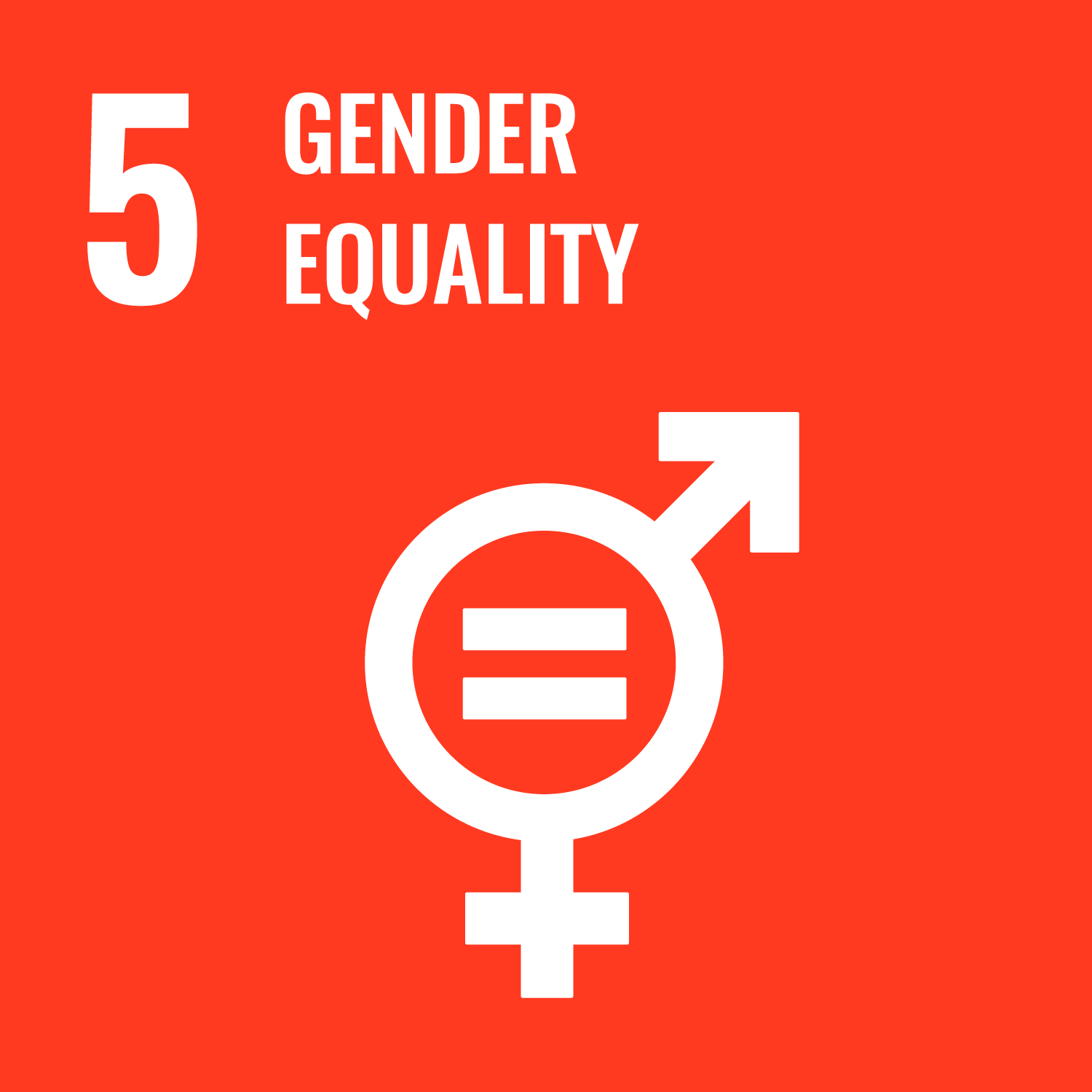This course positions civil engineering as "engineering for the citizens" and examines the intersection between civil engineering
and people's lives and consciousness from a sociological perspective. During the course, fieldwork is appropriately incorporated,
and by interacting with a variety of people, including government officials and local citizens, students will develop advanced
communication skills, cooperation, and management skills in a multigenerational co-creation society.
The objectives of the class are, first, to use sociological theory to consider relationships with citizens and connections
between citizens (social capital) when planning civil engineering projects as "engineering for the people". Secondly, to focus
on regions that have been experiencing serious population decline due to the recent low birthrate and aging population, the
class will consider the relationship between regional revitalization, government, and citizens, including nurturing the next
generation of citizens who will support the region and how to create a space for regional design through "co-creation" between
the public and private sectors. Thirdly, the class will consider the development of civil engineering talent that will support
society, as well as career choices in civil engineering and career development in this field.
Through these learning experiences, the class aims to cultivate a perspective on people and society necessary for "engineering for the people" and to develop civil engineering talent with a broader perspective.
Through these learning experiences, the class aims to cultivate a perspective on people and society necessary for "engineering for the people" and to develop civil engineering talent with a broader perspective.
- Acquire the ability and knowledge to think about things from a global and social perspective
- Acquire the ability to solve social needs in the civil engineering field by using basic engineering and specialized knowledge.
- Acquire the ability to plan and organize work within economic, social, environmental, time, and technological constraints.
| Report | Presentation | Exam | Total. | |
|---|---|---|---|---|
| 1. | 10% | 10% | 10% | 30% |
| 2. | 5% | 20% | 10% | 35% |
| 3. | 5% | 10% | 20% | 35% |
| Total. | 20% | 40% | 40% | - |
The evaluation will be based on 20% report, 40% presentation, and 50% exam, with a maximum score of 100. A score of 60 or
above is considered a pass.
*60 is the level at which the student has acquired the basic knowledge and skills of the content covered in this course.
*60 is the level at which the student has acquired the basic knowledge and skills of the content covered in this course.
| Class schedule | HW assignments (Including preparation and review of the class.) | Amount of Time Required | |
|---|---|---|---|
| 1. | Guidance: What does it mean to be "for the people"? | Read the document | 60minutes |
| 2. | Sociology of the Civil 1: The Concept of Civil Society | Read the document | 90minutes |
| Reflecting on the lesson (writing a reaction paper) | 100minutes | ||
| 3. | Civil Sociology 2: How to Overcome "Social Dilemmas" | Read the document | 90minutes |
| Reflecting on the lesson (writing a reaction paper) | 100minutes | ||
| 4. | Civil Sociology 3: Planning as a Social Choice | Read the document | 90minutes |
| Reflecting on the lesson (writing a reaction paper) | 100minutes | ||
| 5. | Sociology of the Civil 4: Civil Society and Social Capital | Read the document | 90minutes |
| Reflecting on the lesson (writing a reaction paper) | 100minutes | ||
| 6. | Sociology of Regional Revitalization Part 1: Future Society in 2050 and Regional Revitalization | Read the document | 90minutes |
| Reflecting on the lesson (writing a reaction paper) | 100minutes | ||
| 7. | Sociology of Regional Revitalization 2: Regional Revitalization and Population | Read the document | 90minutes |
| Reflecting on the lesson (writing a reaction paper) | 100minutes | ||
| 8. | Sociology of Regional Revitalization 3: Methods and Evaluation of Regional Human Resource Development | Read the document | 90minutes |
| Reflecting on the lesson (writing a reaction paper) | 100minutes | ||
| 9. | Sociology of Regional Revitalization 4: Methodology of Regional Revitalization | Read the document | 90minutes |
| Reflecting on the lesson (writing a reaction paper) | 100minutes | ||
| 10. | Sociology of Civil Engineering 1: Choosing a career in the civil engineering field | Read the document | 90minutes |
| Reflecting on the lesson (writing a reaction paper) | 100minutes | ||
| 11. | Sociology of Civil Engineering 2: Civil Engineering and Careers | Read the document | 90minutes |
| Reflecting on the lesson (writing a reaction paper) | 100minutes | ||
| 12. | Discussion | Research on the topic | 150minutes |
| Group Work | 120minutes | ||
| 13. | Presentation and report writing | Presentation preparation | 180minutes |
| 14. | Final exams | Exam Preparation | 240minutes |
| Total. | - | - | 2650minutes |
| ways of feedback | specific contents about "Other" |
|---|---|
| Feedback in the class |
- Requests for visits will be accepted via email.
- Course that cultivates an ability for utilizing knowledge
- Course that cultivates a basic interpersonal skills
- Course that cultivates a basic problem-solving skills
| Work experience | Work experience and relevance to the course content if applicable |
|---|---|
| N/A | 該当しない |







- 4.QUALITY EDUCATION
- 5.GENDER EQUALITY
- 11.SUSTAINABLE CITIES AND COMMUNITIES
- 12.RESPONSIBLE CONSUMPTION & PRODUCTION
- 13.CLIMATE ACTION
- 16.PEACE, JUSTICE AND STRONG INSTITUTIONS
- 17.PARTNERSHIPS FOR THE GOALS
Last modified : Mon Apr 14 04:03:48 JST 2025
